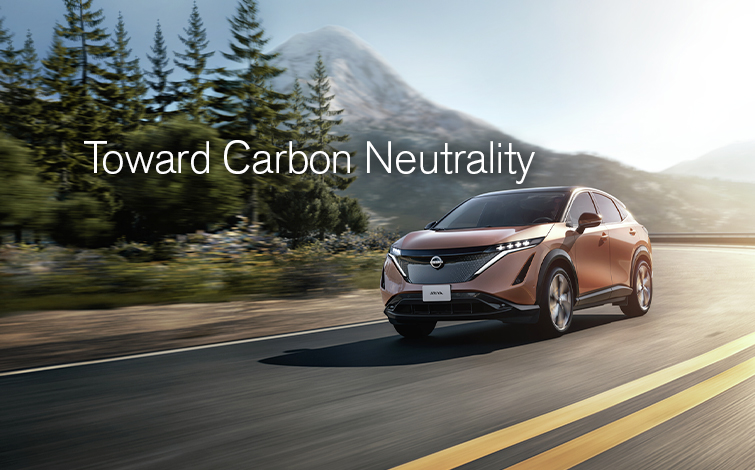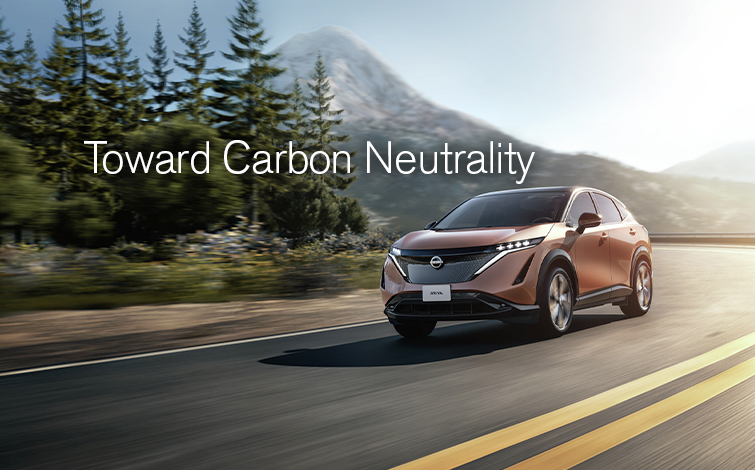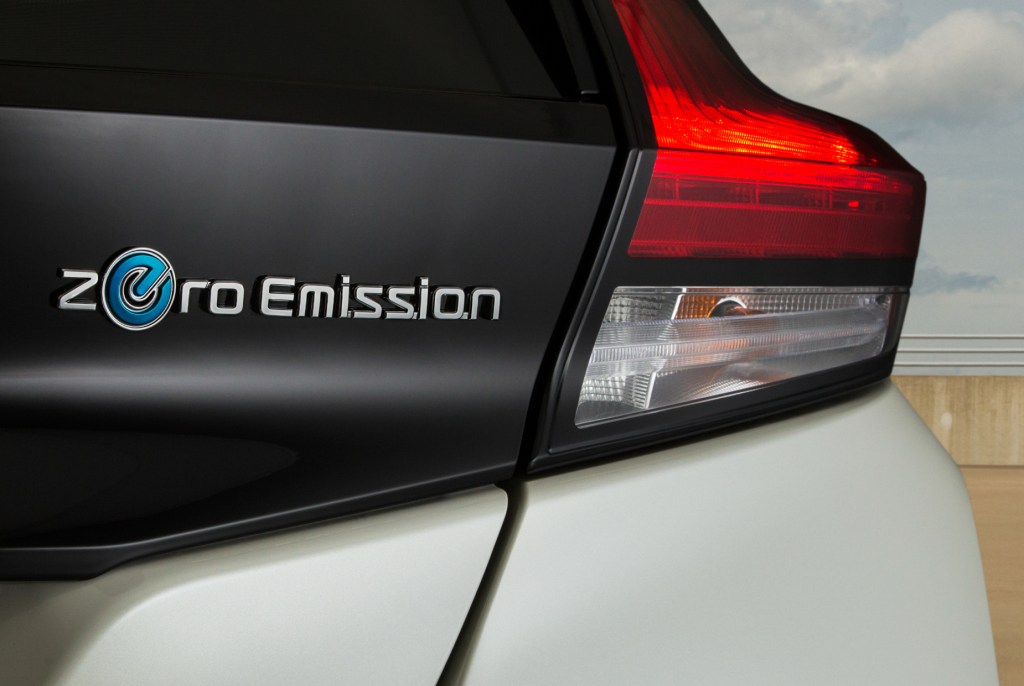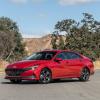
Put It All On Green: Nissan’s Going All-Electric In 2030s, Carbon-Neutral By 2050
Eco-friendly cars are the future, but just how quickly this initiative will happen is up for debate. However, Nissan is setting lofty goals, aiming to go all-electric and carbon-neutral within the next few decades.
Is this goal attainable, and how will it shape Nissan’s model lineup? Let’s examine what the Japanese automaker is planning for its future products.
Nissan is putting its green initiative into action

Nissan knows just how difficult it is to make massive changes in the automotive industry. So, it’s putting a reasonable quantifier on its goal. The company’s press release stated that it aims to go all-electric in key markets by the early 2030s.
If all goes according to plan, then Nissan is hoping to be a carbon-neutral company by the 2050s.
So just where can you expect to find an exclusive lineup of all-electric Nissan models? The manufacturer is targeting the U.S., Japan, Europe, and China.
“We’re determined to help create a carbon-neutral society and accelerate the global effort against climate change,” said Nissan CEO Makoto Uchida via the press release. “Our offering in electrified vehicles will continue to expand around the world, and this will make a major contribution to Nissan becoming carbon-neutral. We will continue to drive innovation that enriches people’s lives as we pursue a sustainable future for all.”
What challenges are there in releasing only electric cars?
The Japanese manufacturer’s effort is commendable and also somewhat necessary. States such as California have led the charge against climate change – banning the sale of new gas-powered vehicles by 2035.
So, Nissan shouldn’t have too many difficulties providing an all-electric lineup in eco-focused markets and big cities.
The apparent difficulties will arise in bringing these futuristic vehicles to rural areas. Most all-electric cars carry a hefty price tag, and it can be quite expensive to install a home charging setup. Plus, these rural areas currently have a severe lack of public charging stations.
However, some have argued that public charging stations aren’t entirely crucial. Meanwhile, other companies have helped vitalize the production of these EV charging networks throughout the U.S.
Which electric vehicles does Nissan already offer?

It’s no surprise that Nissan is one of the first companies to announce its eco-friendly intentions. After all, it was the first automaker to release a mass-market all-electric car when it debuted the Leaf in 2010.
Nissan has furthered its efforts in the years since. For example, it recently debuted the all-electric Re-Leaf emergency vehicle.
Plus, the manufacturer is debuting its second electric vehicle – the 2022 Nissan Ariya – later this year.
Having only two pint-sized electric models is a long way away from offering an entire lineup’s worth of EVs. And you shouldn’t expect the Leaf or Ariya to light up the sales chart in 2021.
Is it possible for Nissan to meet its all-electric and carbon-neutral goals?
Nissan is ahead of some of its competitors. While companies like Tesla represent the beacon of change in the industry, other manufacturers don’t offer a single EV in the U.S.
For example, the recently re-named Stellantis – which includes Dodge, Jeep, Fiat, and more – hardly have any hybrid models. So, it’s safe to assume that its electric offerings won’t arrive any time soon.
Meanwhile, Nissan is already putting its plan into full-force in China. Reuters reported that Nissan is launching three new models, including the all-electric Ariya, in China this year. And the company will release at least one new electric or hybrid vehicle each year through 2025.
If Nissan can stay profitable while making these models affordable for the consumer, it could be an industry leader within the next decade. While this is easier said than done, the automaker does have a significant jump ahead of its competitors.


